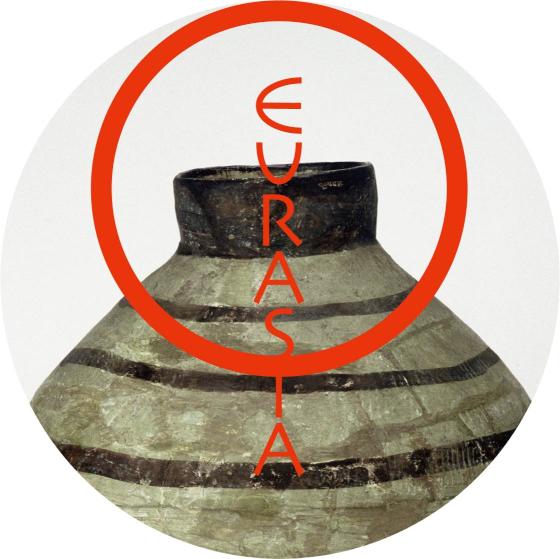Special Presentation “A Phantom’s Journey into the Ancient History of Eurasia” 〈EXTENDED〉
2023.06.27-2023.11.19
MODULE
Dates: June 27 – October 29, 2023
〈EXTENDED〉 until November 19, 2023
The materials collected by Professor Egami Namio (1906–2002) comprise an important share of the items for the permanent exhibition of the Intermediatheque, especially those related to the ancient history of Western Asia. Professor Egami, a graduate of the Department of Asian History of the University of Tokyo, was a unique historian who began traveling abroad in the 1930s to conduct extensive field research across Asia with the aim of collecting not only written documents but also archaeological and ethnographic material records. His research trips continued for over half a century, allowing him to propose a new theory on the formation processes of the ancient state of Japan in relation to the nomadic population in North Eurasia and to establish a foundation for Japan’s overseas archaeological research in Asia. This outstanding contribution led to the receipt of the award of the Order of Culture, Japan (1991).
The University Museum, the University of Tokyo (UMUT) stores the enormous amount of research materials collected under the direction of Professor Egami until his retirement from the university in 1965 as well as some treasured items donated by his bereaved family after his demise. As part of the tenth anniversary celebration of the Intermediatheque, this special presentation introduces Professor Egami’s early overseas expeditions in the 1930–1950s, exploring the roots of Egami’s field research strategies into Eurasian ancient history.
The starting point was the investigation of the Olon Sum site in Mongolia (currently the Inner Mongolia Autonomous Region of China), which evidenced the intermingling of East and West Asian cultures, such as the relationship between Christianity (born in ancient West Asia) and Buddhism (born in East Asia), along with the relationship between the Chinese kingship and the nomads of Central Asia. The collected materials sufficiently demonstrate Professor Egami’s comprehensive method, which combined literary history, archeology, and ethnology, and the broad range of his curiosity.
Professor Egami called himself a genjin (phantom) under his pseudonym. Genjin is derived from a Chinese term denoting an ancient West Asian magician or a performer who dazzles audiences. For Professor Egami, who fascinated not only researchers but also the general public with his dynamic Eurasian research expeditions spanning from East to West Asia along with the presentation of bold hypotheses in history, this pseudonym seems truly revelatory. Thus, as a tribute, we have included it in the title of this exhibition.
Organizer: The University Museum, the University of Tokyo (UMUT)

